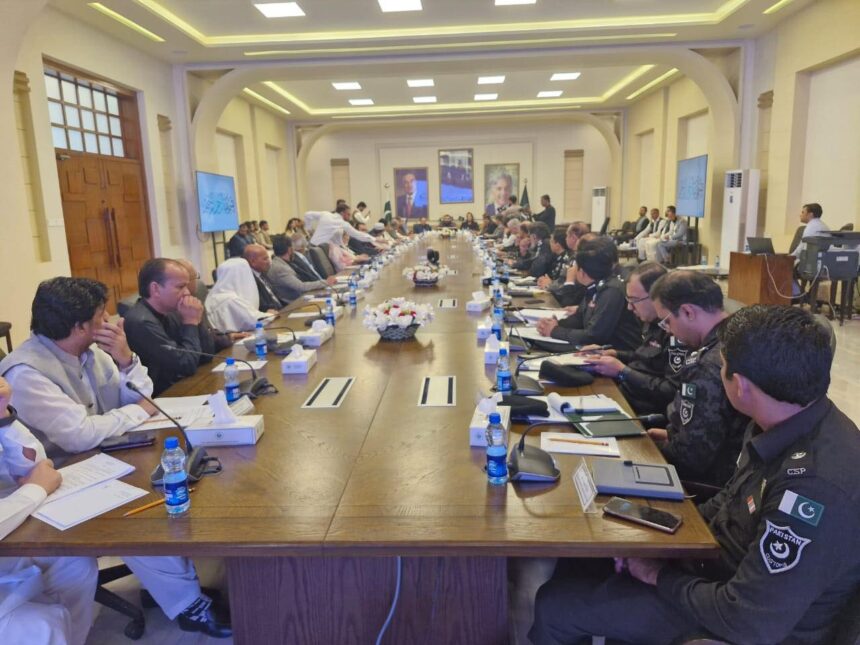**Parliamentary Committee Proposes Major Overhaul of Barter Trade Rules to Boost Pakistan-Iran Trade via Balochistan**
A high-level parliamentary committee has recommended sweeping reforms to Pakistan’s Barter Trade Mechanism 2023, aiming to enhance cross-border trade with Iran through Balochistan. The changes, led by Senators Anusha Rahman and Saleem Mandviwala, are expected to eliminate procedural bottlenecks, provide greater operational flexibility for traders, and foster economic development in the region.
During a recent review, the Joint Committee on Commerce, Finance, and Revenue identified key barriers within the current barter trade framework, specifically the restrictive provisions of SRO 642(1)/2023. The committee directed the Ministry of Commerce to address these constraints, particularly those that hinder trade for businesses operating along the Pakistan-Iran border.
One of the core recommendations involves simplifying the trade registration process. Under current rules, traders must submit data digitally via platforms such as PSW and WeBOC—a process deemed impractical for those in remote areas with limited access to digital infrastructure. The committee advised that registration be managed by Customs, with an option for traders to submit required documents manually, thus making the system more accessible.
The committee also advocated for a revision of the rigid 90-day net-off period, which obligates traders to balance the value of imports and exports within three months. It proposed allowing Customs to independently review and list the transactional values, thereby introducing more flexibility to barter arrangements and facilitating smoother trade flows.
Concerns were also raised regarding the reliance on predetermined assessed values and automated financial debiting through WeBOC, which may not reflect the realities of regional trade. The committee recommended that Customs collaborate directly with local Chambers of Commerce and trading communities to establish a practical and market-driven valuation process, ensuring the framework aligns with real-world trading practices and regional challenges.
To provide greater stability for businesses, the committee suggested extending the validity period for barter trade authorizations from one to three years. They further urged that any restrictions on trade limits imposed by regulatory authorities should only be enacted with transparent and well-justified reasons to safeguard fairness.
In a bid to foster a more trader-friendly environment, the committee proposed revising the penalty system. Rather than resorting to severe measures like cancellation, blacklisting, or heavy fines for minor non-compliance, the committee emphasized the need for fair hearings and dispute resolution processes, thereby promoting trust and encouraging legitimate trade.
Recognizing varying international contexts, the committee also called for separate barter trade agreements for Iran, Afghanistan, and Russia, considering the different sanctions regimes each country faces. The current reforms focus solely on the framework governing trade with Iran.
Following extensive stakeholder consultations, the committee approved three key amendments to the SRO:
1. Removing limitations on the types of products eligible for import and export, thereby granting broader market access.
2. Eliminating the requirement for transactions to be sequenced as “import followed by export,” thus allowing independent operation of the two activities.
3. Allowing multiparty contractual arrangements, such as consortiums, to enable private entities to jointly participate in barter trade.
These comprehensive reforms are designed to reduce bureaucratic hurdles, incentivize private sector involvement, and legalize trade activities along the Pakistan-Iran border. The eventual goal is to promote prosperity in Balochistan and further deepen Pakistan’s economic partnership with Iran.
The Ministry of Commerce has been tasked to promptly initiate the amendment process, reaffirming the committee’s commitment to creating a modern, inclusive, and pragmatic barter trade system for the region.











